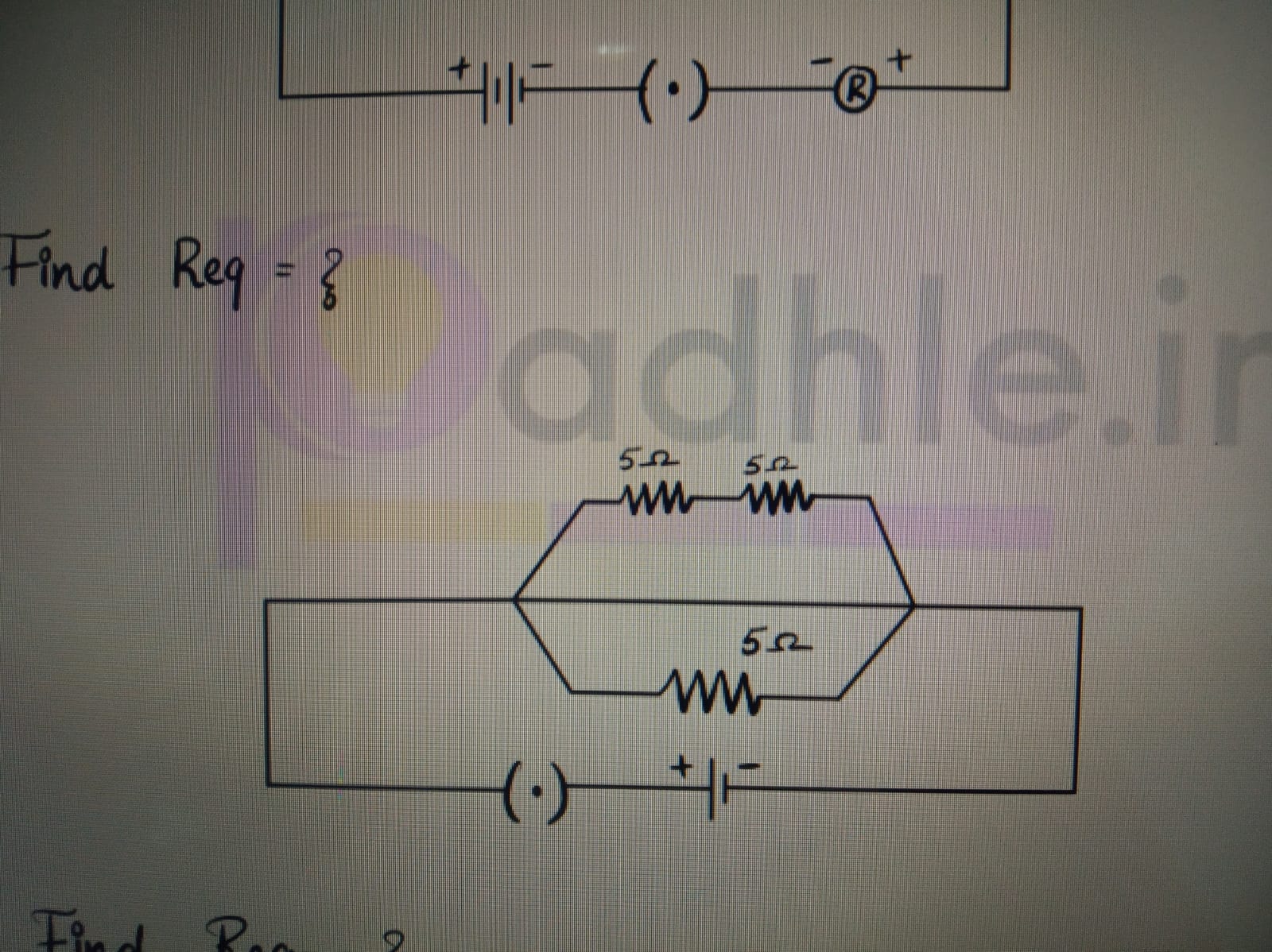CBSE Class 10 Answered
Properties of substances are either intrinsic or extrinsic. Intrinsic property is the property that is independent upon the amount of the material. For example block of copper will have same density whether it is small or large. However, mass which is another physical property is an extrinsic property as a smaller block of copper will weigh less than a larger block of copper. Thus mass is an extrinsic property that is dependent upon the amount of material present. The similar difference exists between resistance and resistivity which are two very important physical properties of conductors. Let us take a closer look.
Resistivity is an intrinsic property of a conductor and is independent of the size of the conductor. Hence, every block of copper (conductor) will have same resistivity. On the other hand, resistance is an extrinsic property which means it is dependant upon the amount of material present. Thus resistance of a block of copper is dependent upon the mass of the copper block. There is a special formula to depict the relationship between resistance and resistivity of a conductor which is as follows
R = p X l/A, Or, Resistance = Resistivity X length/area
Here, R is the resistance, p is the resistivity, l is the length and A is the area of cross section of the conductor through which current flows. Since area is dependent upon the shape of the conductor, it has to be calculated according to shape. For a cylindrical wire, the area is calculated as follows.
A = pie X r² =
It is resistance and not resistivity that is taken into account when studying concepts of voltage and current in electricity.
V = I X R = IR
This is also known as Ohms Law
Inverse of resistivity is called the conductivity of a material and it is one concept that is used more widely than the concept of resistivity.
Difference Between Resistance and Resistivity
Resistance and resistivity are properties of conductors where resistance is an extrinsic property whereas resistivity is an intrinsic property
This means that resistivity of a conductor is always same and is independent upon its length or size
Resistance and resistivity of a material are related to each other through an equation which is as follows
Resistivity = resistance X area of cross-section/length













